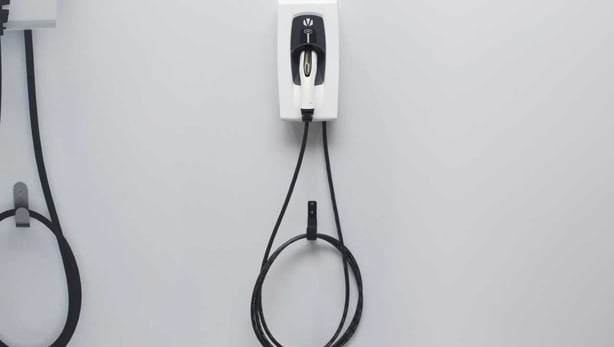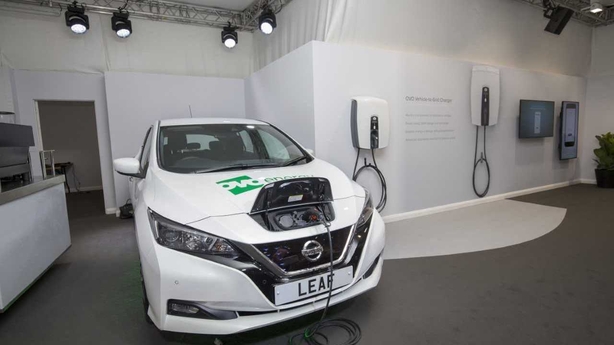A British energy supplier has launched a charging unit that will enable owners of some electric vehicles to charge their cars and sell electricity back to the power grid. The unit will also address the problem of peak-time demand surges.
OVO Energy, one of the independents challenging Britain’s "Big Six" energy suppliers, said its VCharge unit is the world’s first widely available domestic bi-directional vehicle charger, according to Reuters.

The compact home-charger knows when cheaper electricity is available to charge the car.
The unit's artificial intelligence will enable the vehicles to take advantage of cheap electricity when it is available and sell power back to the grid at peak times when it is more expensive.
Customers could also earn money from flexibility services required by National Grid to balance the country’s energy system.

Nissan LEAF owners will initially be provided with the system for free.
The technology will initially be offered for free to 1,000 OVO Energy customers and Nissan’s LEAF vehicle owners from summer 2018 as part of a part government-funded trial. Other car manufacturers will be accommodated thereafter. Prices for the new charging system have not yet been announced but they are expected to be confirmed later this year.
The company is also launching a smart charger which, like the vehicle-to-grid charger, will enable electric vehicles to be charged during off-peak hours, thereby easing pressure on the electricity grid as well as allowing drivers to take advantage of cheaper off-peak electricity.
Around one million electric vehicles are expected to be on the road in Britain by 2022, according to industry forecasts.
Last year the government said it would ban the sale of new petrol and diesel cars and vans from 2040 in an attempt to reduce air pollution and cut greenhouse gas emissions.


